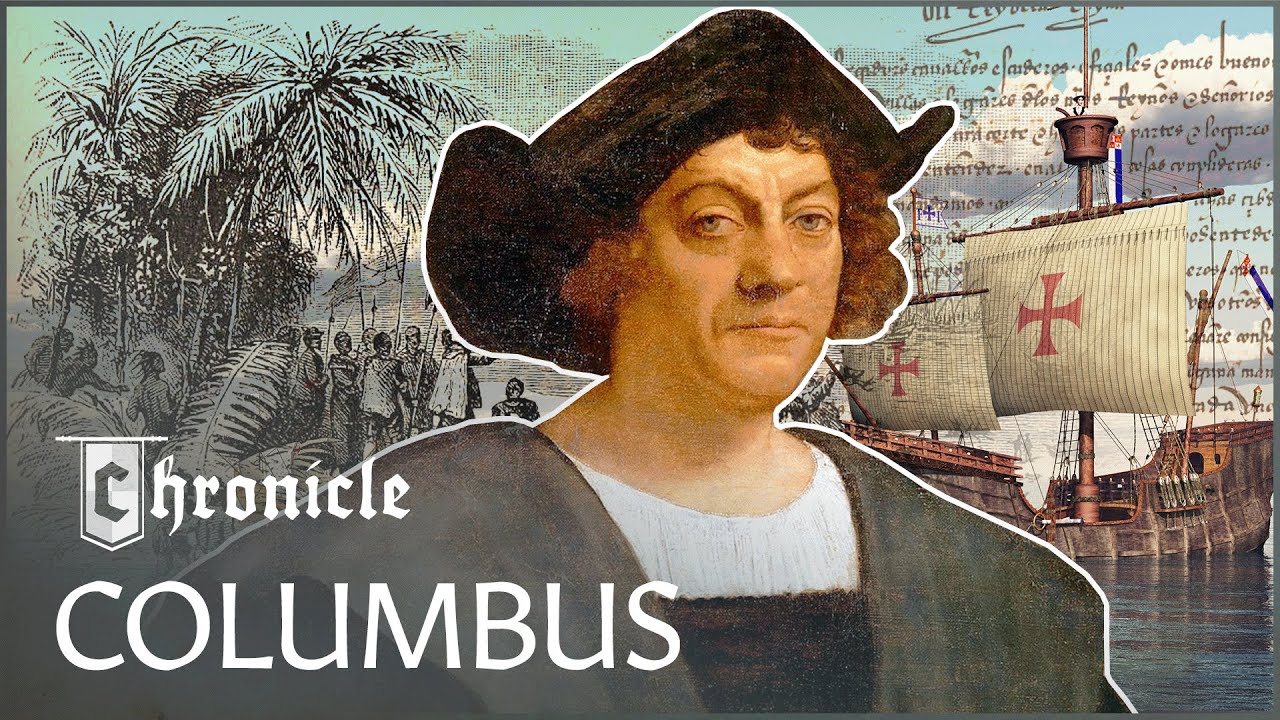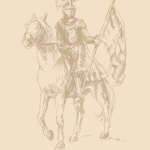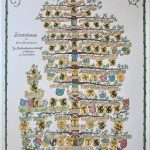A lesser known fact of Portuguese history, is that there exists a sacred thread that binds together the spiritual and the temporal — a thread woven by the hands of knights, monarchs, and devout believers alike. This thread finds its expression in the ‘Irmandade do Divino Espírito Santo’, or the ‘Brotherhood of the Divine Holy Spirit’, a cherished tradition that links its origins to the venerable Order of Christ.
To trace the origins of the Irmandade do Divino Espírito Santo is to embark on a journey through the corridors of time, back to the dawn of the 12th century, when the Knights Templar emerged as defenders of Christendom in the Holy Land. Founded to protect pilgrims journeying to Jerusalem, the Templars soon became a force to be reckoned with — a beacon of faith and chivalry in a world torn asunder by conflict and strife.
Yet, the Templars’ destiny was irrevocably altered in the early 14th century, when they were disbanded by the papacy amid false accusations of heresy and corruption. In Portugal, however, the legacy of the Templars lived on, reborn as the Order of Christ.
Under the patronage of the Portuguese crown, the Order of Christ flourished, its influence extending far beyond the battlefield to the realms of culture, commerce, and spirituality. It was within this fertile soil that the seeds of the Irmandade do Divino Espírito Santo were sown — a tradition that would come to embody the spirit of Portuguese identity and resilience for centuries to come.
At the heart of the Irmandade’s mission lies the Feast of the Holy Spirit — a celebration that traces its roots to the early days of the Order of Christ. Held fifty days after Easter Sunday, this joyous occasion serves as a testament to the enduring power of faith and fellowship, drawing together people from all walks of life in a spirit of unity and celebration.
Even by doing a quick google search, you’ll see that Wikipedia has something to say about the role the Order of Christ had with the Brotherhood of the Divine Holy Spirit:
The origins of the modern cult and its rituals are not definitively understood. The dominant theory postulates that the celebrations were introduced into Portugal by Queen Elizabeth of Portugal. The cult’s principal centre of devotion was in Tomar, which was also the location of the priory of the Order of Christ, charged with the spirituality of newly discovered lands (including the Azores). Another centre was Alenquer, where, in the first years of the 14th century, Queen Elizabeth introduced the first celebration of the Império do Divino Espírito Santo (English: Empire of the Divine Holy Spirit), probably influenced by Franciscan spiritualists, who there founded the first Franciscan Convent in Portugal. From there the cult first spread in Portugal (Aldeia Galega, Alenquer, Sintra, Tomar, Lisbon), and later accompanied the Portuguese during their Atlantic discoveries.
The new colonies were, in the beginning, subordinate to the priory in Tomar, later the archbishop of Funchal, and finally, the new bishopric of Angra do Heroísmo, which were overseen by the Order of Christ, who nominated new clerics, oriented the faithful and supervised the religious development. In this context, references to the proliferation of the cult of the Holy Spirit appeared early, and in a general way, throughout the archipelago. Gaspar Frutuoso, writing 150 years after the beginning of the island’s settlement, indicated that this devotion existed in all the islands; its expansion was tolerated, if not promoted, by the Order of Christ. References in the Constituições Sinodais da Diocese de Angra (approved in 1559) by the Bishop of Angra, Friar Jorge de Santiago show that some attention was given to the cults by the episcopal authorities.
SOURCE: https://en.wikipedia.org/wiki/Cult_of_the_Holy_Spirit
Central to the festivities is the coronation of an Emperor or Queen of the Holy Spirit—a figure chosen not for worldly power or prestige, but for their embodiment of the virtues of humility, compassion, and service. This symbolic act underscores the Irmandade’s commitment to the ideals of Christian charity and solidarity, reminding us of the inherent dignity and worth of every individual.
Yet, the influence of the Irmandade extends far beyond the confines of religious observance. Inspired by the example set forth by the Order of Christ, the Brotherhoods have become bastions of charity and compassion, offering aid and succor to the poor and needy in times of hardship and adversity.
As the Brotherhood and its traditions grow, I pray this piece of history doesn’t get lost along the way and that it’s taught and carried throughout the generations to come. This piece of history is ‘rich’ as the Portuguese would call it.
As we reflect on the rich tapestry of Portuguese history, let us not forget the indelible mark left by the Irmandade do Divino Espírito Santo—a tradition that stands as a testament to the enduring power of faith, fellowship, and the human spirit. In a world beset by division and discord, may we draw inspiration from the legacy of the Order of Christ and the Brotherhoods, and may we strive to emulate their example of selflessness and service in our own lives.
Christ Divine Divino Espirito Holy Spirit Ordem de Cristo Order Santo
Last modified: May 3, 2024






